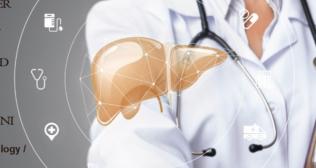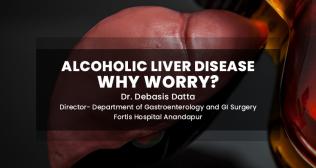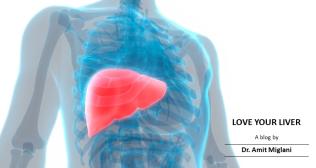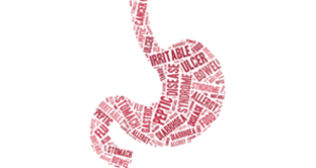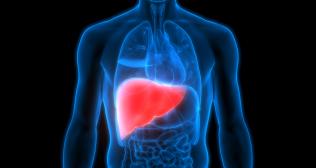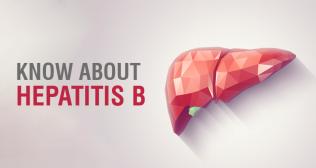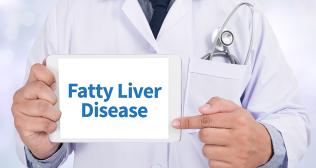
Gastric issues: Causes, Symptoms and Treatment
Gastric problems
Gastric problems are one of the most common issues that usually come to the fore with age. Several factors like indigestion or infection can contribute to these problems, which are characterized by inflammation, irritation or erosion of the stomach lining. While they may begin as an acute issue, they have the potential to develop into a chronic condition over time. Let us understand some key factors associated with gastric problems.
Stomach pain
Stomach pain (also referred to as gastric pain) is a common condition associated with discomfort or distress in the abdominal region, specifically centered in the stomach area. This discomfort can arise due to various reasons, which include digestive issues (like gastritis or ulcers), dietary habits and underlying medical conditions. Identifying the underlying issue can pave the way for effectively managing the condition.
Reasons for stomach pain
Various factors can contribute to stomach pain, ranging from increased intake of unhealthy and spicy foods to excess alcohol consumption. In addition, stress, tension and anxiety also play significant roles in causing multiple stomach-related complications. Further, the unhealthy habit of not chewing the food properly can be a contributing factor as well. Some important reasons for stomach problems include:
- Viral or bacterial infections. For instance, Helicobacter pylori, a bacterium that resides in the mucus lining of the stomach, can cause ulcers that can lead to stomach cancer in some individuals.
- Bile reflux, which refers to the backward flow of bile from the bile tract into the stomach.
- Food poisoning
- Ulcers
The detailed descriptions of these factors are as follows:
Ulcers
They are sores or lesions that develop on the lower end of the stomach (gastric ulcers) and at the beginning of the small intestine (duodenal ulcers). The typical manifestations include persistent stomach pain, bloating, a burning sensation and discomfort. Gastric ulcers are characterized by burning or gnawing pain in the upper middle part of the abdomen, which is treated with suitable antacids. On the other hand, duodenal ulcers are characterized by indigestion, pain between the breastbone and belly button, bloating, etc. Identifying these signs will help in selecting appropriate measures for relief.
Gastritis
Gastritis, which refers to inflammation of the stomach lining, brings about symptoms like nausea, vomiting and abdominal pain. It is the main reason for the development of ulcers. The inflammation may be triggered by stomach infections, frequent use of painkillers or excessive alcohol consumption. Early detection allows for targeted treatments to alleviate discomfort. If left untreated, gastritis can progress to severe ulcers, increasing the risk of stomach cancer.
Stomach infections
They are characterized by symptoms like diarrhea, fever, stomach pain and abdominal cramps. The primary reasons for infection include food poisoning (bacterial infection), viral gastroenteritis and parasitic infections. Identifying the pathogen through specific diagnostic tests can aid in seeking prompt medical attention.
Recurrent stomach pain, diarrhea or gastroenteritis can be indicators of long-term complications, which include:
- Irritable bowel syndrome (IBS)
- Inflammatory bowel disease (IBD)
- Urinary tract infections (UTIs)
- Constipation
- Stomach ulcer
- Heartburn
- Gastritis
- Appendicitis
- Kidney stones
Although these conditions are serious, prompt diagnosis and appropriate treatment can help prevent adverse consequences.
Treatment
If your stomach issues are a result of any of the above conditions, prompt treatment is crucial. Generally, the physician may prescribe antibiotics for gastritis caused by H. pylori infection or suggest over-the-counter medications (such as antacids) for symptom relief.
In addition, some dietary and lifestyle modifications to keep such issues at bay are as follows:
- Drink plenty of water.
- Cut down on the consumption of carbonated drinks, fried and spicy foods, dairy products and sugar substitutes.
- Include fiber-rich foods like beans, grains, cabbage and legumes in your diet.
- Fruits like apples, bananas and papaya promote digestion.
- Avoid smoking and alcohol consumption. Additionally, stay away from caffeinated drinks and pickles.
- Incorporating probiotics such as yogurt, kimchi and sauerkraut into your diet will help reduce infections and build immunity.







